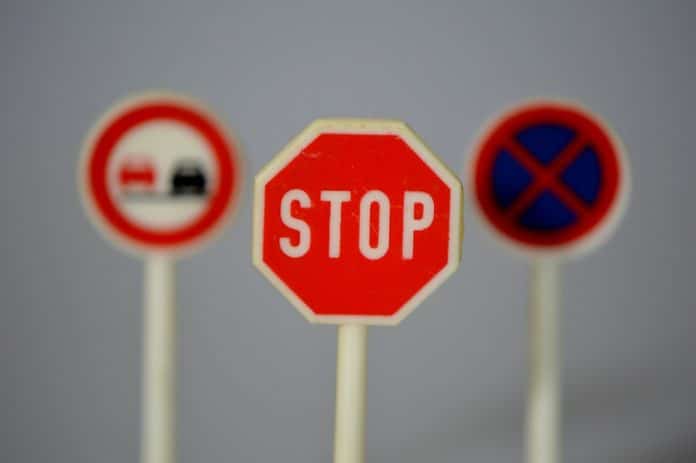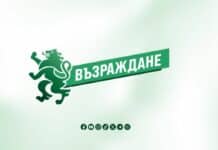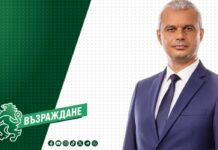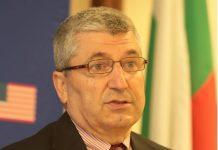
At least 300 people who have fallen victims in some way because of a road traffic accident in our country have received free advice on 0700 11 112 in the past year. This is what Vladimir Todorov, Chairman of the Bulgarian Association of Accident Victims, told a journalist of Iskra.bg. He said that the hotline has been working for at least 10 years and the aim of the Association, which was established in 2006, is when an accident occurs and there are injured or dead, to help the injured and their relatives with advice and assistance.
The consumer culture of Bulgarians is at a low level, Todorov believes, arguing that citizens are generally unaware of their rights as consumers, users of various services, and insured persons.
What happens after a road traffic accident?
„Questions arise that are firstly related to rights as a patient. Patient rights. What does health insurance cover? If the person is uninsured – what is she/he entitled to? What does ’emergency care’ cover? If implants need to be purchased? Who are they paid by? How are they paid?“, Todorov commented.
After that, we should move on to the bureaucratic procedures related to the „Traffic Police“ – if they draw up а road traffic offence – can we appeal it, in what terms? How can we object?
„Then we get into some cases involving insurance companies. If a car hits a person – which is the insurance? What’s the timeframe for the paperwork? What documents are collected? Who are they filed with? If the insurer denies us payment – what can we do? How can we object? Then we have rights related to purely legal cases, court cases. If we have to sue the person at fault, if there are fatalities, under which article? We as participants in the process, what can we do? When can we get information? What information should we be given? Why aren’t we given any? Who should we turn to – the prosecutor, the judge, the investigator or the investigating police officer? That is, this whole set of questions related to medical care, health care, social services, legal issues – on this hotline you can safely get free information,“, Todorov added.
Relatives and friends go through different phases – of anger, denial and so on, Todorov clarified. At the same time, victims of road accidents go through „post-traumatic stress“. The specialist said that it occurs mostly in those who have been hit by a car and then: „The victim refuses to move, to cross the street. Post-traumatic stress“ is also manifested by loss of sleep, reluctance to eat, loss of desire to communicate.“
The Bulgarian Association of Accident Victims provides assistance to all people with these psychological traumas, both in their office and over the phone, where volunteer psychologists work.
Asked what the biggest challenges are, Todorov said that the first is that people do not know their rights and the second is that they have a problem with buying medical devices. „If a person is hit and, for example, a plate for osteosynthesis has to be put on them – hey are around BGN 4,000-5,000. In such cases, money must be found urgently. People are distressed in such situations. This is not covered by the National Health Insurance Fund. Next year we are going to start a discussion on this topic in society – for these medical devices that are urgent – we need to create some mechanism for the Fund to cover them partially or fully, or to create a mechanism for deferred payment, because when they say to the person – „the plates cost BGN 7,000, you need to bring the money by tonight“. So the situation becomes very difficult.“
Over the years, the Association has discussed this case with the authorities, but they have replied that it is aimed at the NHIF and legal changes are needed there, as well as a budget.
Accident victims also face another problem that delays justice – slow examinations, the expert noted. According to him, in Bulgaria it is extremely slow and difficult to appoint, receive the results and analyze the car technical examinations, because first of all it is low-paid work and secondly there are no auto experts.
„Without these examinations, cases cannot be closed. Slow justice comes from the fact that these expert reports are delayed for years and people are not happy about that. They do not get justice – for example, a drunk driver killed a person, and the forensic examinations are delayed for 2-3 years,“, Todorov pointed out and stressed that there should be a change in this direction.
In 2024, BAPC will continue to work on prevention, giving talks and meetings with upper school students, graduates. Demonstrations explaining the benefits of seat belt and child seat use are planned. The professionals on the 0700 11 112 hotline will never refuse help and will always be on call for those injured in crashes.

















Attractive section of content. I just stumbled upon your blog and in accession capital to assert that I get actually enjoyed account your blog posts. Anyway I will be subscribing to your augment and even I achievement you access consistently fast.